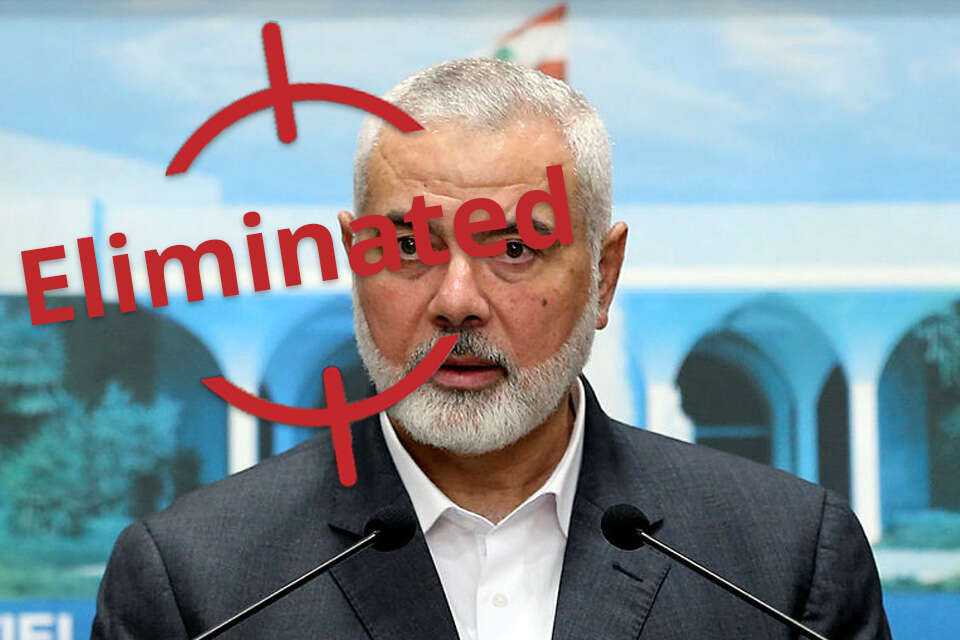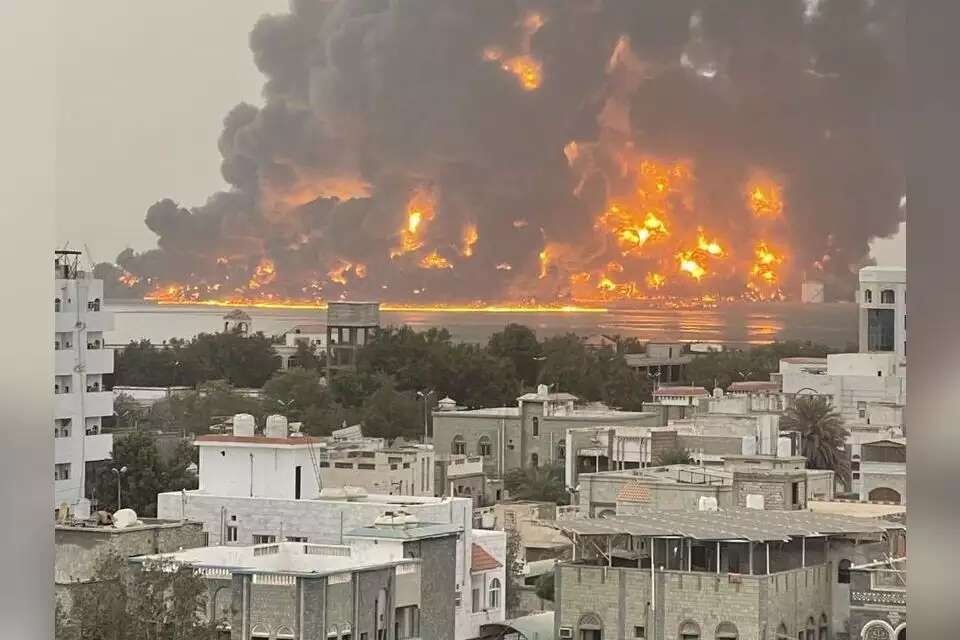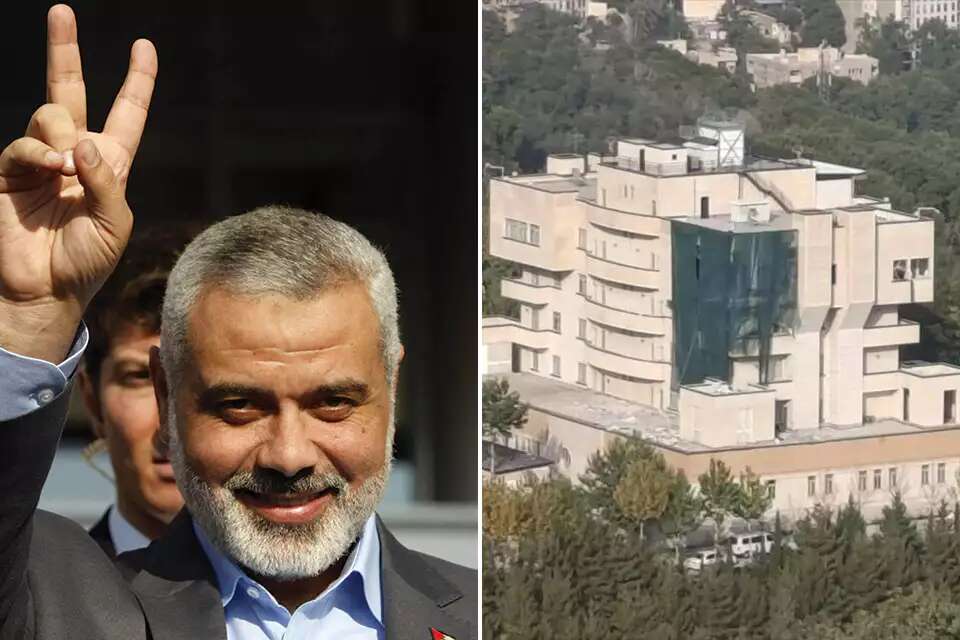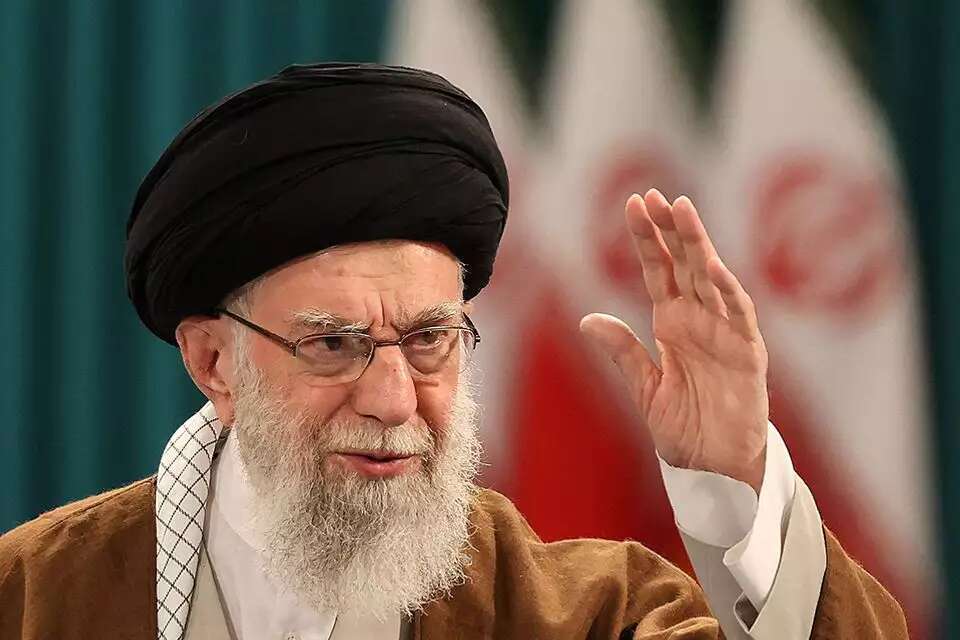Since October 7, Israel has been engaged in a war of necessity, with the primary - albeit unspoken - goal of restoring deterrence. This deterrence had gradually weakened and was utterly shattered by Hamas's surprise attack. The achievements of the prolonged fighting in Gaza, the ability to simultaneously address other fronts and the effort to free the hostages, despite the political pressures and complex economic and social challenges, are central elements in rebuilding this deterrence.

Added to this are the daring operations to rescue the hostages, the Israeli Air Force's strike on Al-Hudaydah port, and the assassinations of senior Hezbollah and Hamas figures in Beirut and Tehran (for the latter, no Israeli responsibility was claimed). These actions not only demonstrate the high intelligence and operational capabilities of their executors but also show a willingness to take risks within the lion's den at its peak alertness, despite the potential costs of success or failure. Moreover, they reflect the political leadership's confidence in the security agencies' abilities, which also impacts Israel's standing in the eyes of its enemies.

Iran's deep involvement and its encouragement of proxy organizations to wage its war increase the risks of direct confrontation and escalation into a regional war. On the other hand, dealing with its proxies while leaving Iran itself out of the conflict circle is precisely the model Iran seeks to implement. Such an approach would also influence its confidence in advancing its military nuclear capabilities. Israel's brinkmanship requires readiness for severe scenarios.
As these lines are written, security tensions are at their peak. Senior Iranian officials are discussing with representatives of Hezbollah, Iraqi Shiite militias, and the Houthis the possible responses to Israel. Each of them has unresolved issues with Israel, and a coordinated response is expected. It is uncertain whether this will be executed in one method or phase.
For Iran, the elimination of Ismail Haniyeh is a severe blow to national pride. If such a high-profile figure can be targeted on the President's day, at the guesthouse of the "Revolutionary Guards" in Tehran, and when Iranian security forces are at their highest alert, no one is safe within the country's borders.

Moreover, this assassination comes less than a day after Fuad Shukr was killed in Beirut and not long after the airstrike on the Hodeida port and the assassination of Mohammed Deif in Gaza. In this respect, the elimination of Haniyeh places Iran on par with its proxies, its protégés.
Additionally, from a broader regional perspective, Tehran increasingly understands that, by the end of this war, Iran's octopus-like network will lose at least one of its arms. Hamas in Gaza will not be able to meet the expectations placed on it by the regime in Tehran. Israel will be freer to deal with the octopus and its other arms and to establish a regional anti-Iran coalition from a position of strength.
The understanding that the first attempt to manage a quasi-state based on "Muslim Brotherhood" principles is doomed to be etched in historical memory as a colossal failure that brought disaster upon many Muslims is what prompted Erdogan's militant declaration regarding Israel this week. This realization is also penetrating Iran, as its concern naturally focuses on the implications of this development for the "Axis of Resistance."

Iran's Supreme Leader Ali Khamenei threatened that Israel "will be severely punished" for the assassination of Haniyeh. According to a "New York Times" report, he instructed that the attack should directly target Israel. Given Hezbollah, the Houthis, and Hamas's strong desire for revenge against Israel, it is likely that they will make an effort to encourage Iran to retaliate harshly, even if this means taking greater risks than in the past.
Against this backdrop, Nasrallah's statement yesterday (Thursday) that "between us, in the coming days and nights, the battlefield will be determined" can be interpreted as a desire to limit the response to a few days of fighting rather than a broad war. However, his remarks pertain solely to Hezbollah's role, and in any case, Nasrallah also understands that in war, dynamics are uncontrollable and unpredictable.
The Israeli-American cooperation, which proved effective during the Iranian attack in April, will be beneficial now. The clear statement by the U.S. Secretary of Defense on this matter is welcome. Thwarting the Iranian attack is an interest not only of Israel but also of the U.S. and other regional countries that fully understand Iran's intentions towards them as well.
It is reasonable to assume that the Iranians will not stop there and will try to target Israeli individuals or institutions. Increasing security and preventive efforts is a necessary step in this regard.
There must also be preparations for the possibility of "quality attacks" within Israel by Hamas or elements directed by Iran's various proxies. This is also the time to improve defensive measures along Israel's eastern border.
All these achievements in various arenas over the past ten months and Israel's recent actions should clarify to Tehran and Beirut not only Israel's capabilities but also its determination and audacity. Presumably, this will also be taken into account.
The author is the head of the Misgav Institute for National Security and Zionist Strategy.




